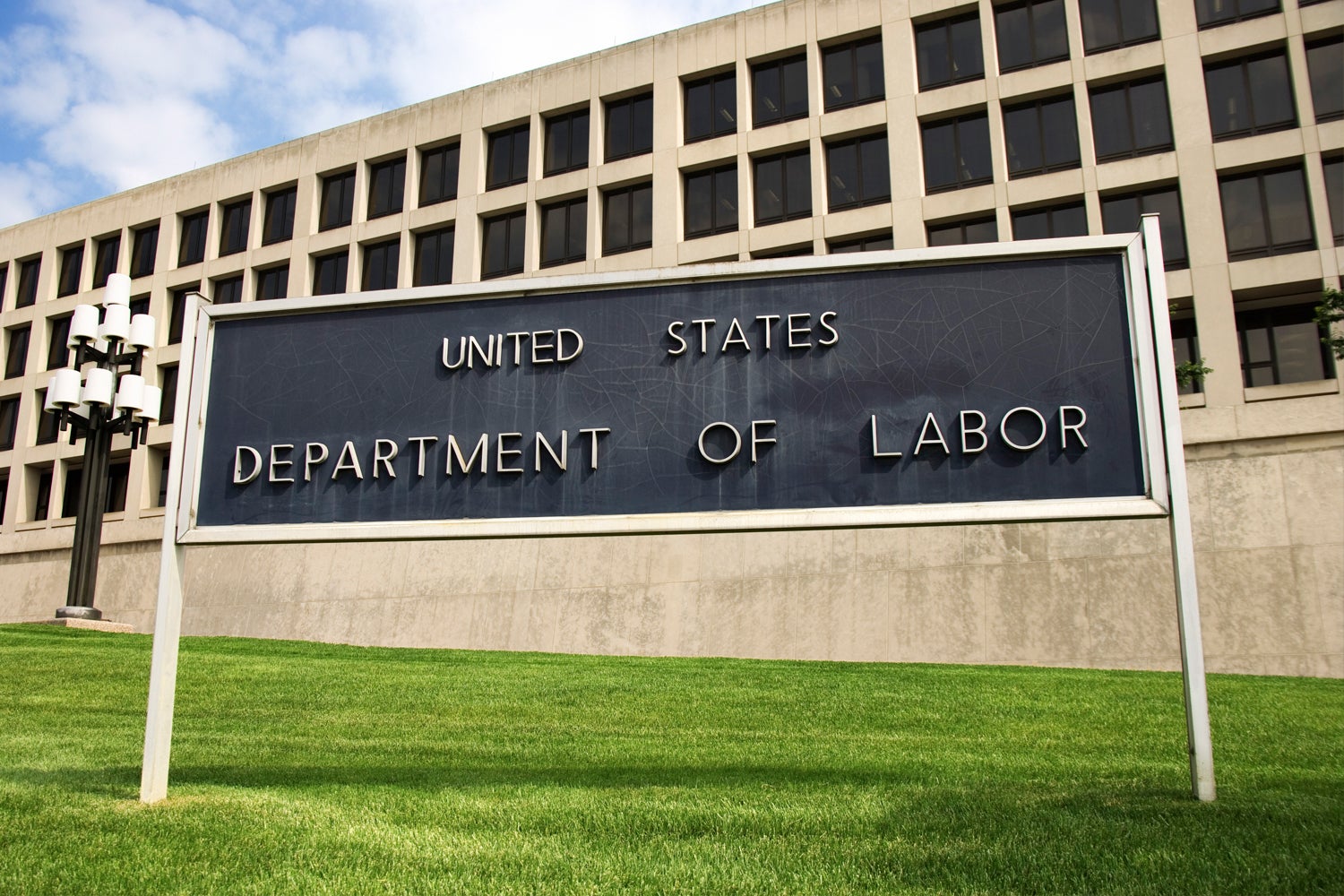Forced labor has quickly become a global focus. Regulations, like the Uyghur Forced Labor Prevention Act (UFLPA), place severe non-compliance penalties on importers that are unable to prove their products were not made with Uyghur forced labor. Similarly, the EU Forced Labor Regulation, currently a proposal, seeks to prohibit products made with forced labor from being imported or exported into the EU, among other stipulations.
The Biden administration’s recent announcement introduces a crackdown on labor exploitation of migrant children in the U.S. This represents yet another instance of the growing regulatory, legal, and governmental focus on forced labor.
A Growing Problem
Within the U.S., forced labor has become a significant problem. Migrant children that are crossing the southern border between the U.S. and Mexico without their parents are ending up in difficult, labor-intensive jobs that violate child labor laws.
This trend would be disturbing enough if it was limited to one industry, and yet it is not. Twelve-year-olds are working dangerous roofing jobs in Florida and Tennessee. Children are working in slaughterhouses in multiple states, including Delaware and North Carolina. Child workers were found throughout the Hyundai-Kia supply chain in Alabama factories. One 14-year-old girl assembled auto body components in May 2022.
While this has been a growing trend for close to a decade, it proliferated in 2021 as the safety guardrails designed to protect children broke down. It is not uncommon for teachers to watch their students rush off to work these punishing jobs — sometimes even 12-hour shifts.
Governmental Response
In response to the New York Times’ revelations, the Biden administration has presented a host of new initiatives designed to do two things:
- Investigate child labor violations among employers
- Improve basic support for migrant children when they are released to sponsors
Investigating Child Labor Violations
The Department of Labor, which is responsible for enforcing these types of laws, has said it will target a wide variety of companies that are allegedly violating child labor laws. That extends beyond just factories and suppliers, encompassing larger companies.
Furthermore, the department aims to explore a “hot goods” legal provision. This provision would allow the department to stop the transportation of goods between states when it has been identified that they were made with forced labor.
Of particular note is the fact that many companies have escaped fines by laying the blame on staffing agencies (these agencies do not often verify social security numbers). The Department of Labor has made it clear that they believe companies are not doing enough to figure out who is working in their facilities.
Support to Migrant Children
As of right now, migrant children who arrive in the U.S. without their parents are allowed to stay in the country and apply for asylum or pursue other legal protections. The Department of Health and Human Services (HHS) then ensures sponsors who support these children and protect them from trafficking and exploitation.
At least, that is what’s supposed to happen, under a 2008 anti-trafficking law.
However, in recent years there has been a large influx of minors arriving at the border, which has placed stress on the system. Additionally, the Biden administration has increased the demand on HHS to release migrant children to shelters as soon as possible. In response, the department rolled back some protections, including those surrounding background checks and reviews of their files.
As of right now, children have very few options once they are released from shelters. Some are given only a phone number to a hotline. Some have even called it to report labor exploitation but never received a response.
One of the measures the Biden administration announced is that the HHS will now direct their operators to return calls to the children who reach out. They’ll also be required to explain what law enforcement agency will be in touch with the caller to address their issue. Sponsors and newly released children will receive information about U.S. labor laws as well.
How This Will Affect Your Company
Given the widespread nature of the issue, and the proposed solutions, a wide swath of companies could see direct impacts on their supply chain. There are also new ESG concerns companies will face. Needless to say, those with child labor found in their factories and workplaces will be subject to social scrutiny that affects public perception.
The most overt impact many companies could face is the stoppage of goods. With the proposed “hot goods” legal provision, companies could see goods stopped between states, disrupting supply chains severely while also impacting revenue and investor trust.
Brand damage could also impact companies’ revenue. Given the Department of Labor’s widespread approach to rooting out forced labor in factories, suppliers, and larger companies, everyone will need to be extremely thorough in ensuring there is no forced labor within their supply chain.
The UFLPA is one of the most stringent forced labor laws globally. From June 2022 to January 2023, an excess of $817 million USD in goods were detained at the border. Learn how to streamline UFLPA compliance and avoid disruption in our guide, Three UFLPA Compliance Tactics: Avoid Disruption & Improve Your Program.
How Assent Helps
Through a combination of tools and expertise, Assent can help you see into your supply chain at its deepest levels, ensuring it is free not just of forced labor, but also other ESG risks.
With Assent’s comprehensive ESG solution, you can deep-map your supply chain, find hidden risks, and make informed decisions with your data. This ensures you can be proactive about your ESG due diligence and that your movement of goods remains uninterrupted.
Plus, with Enhanced Supplier Screening, you’ll have a better understanding of all actors within your supply chain. With Assent’s ESG solution, backed by industry expertise, you can see deeper and grow better.
If you would like to learn more about how Assent can help you handle forced labor and other ESG risks, Contact us









